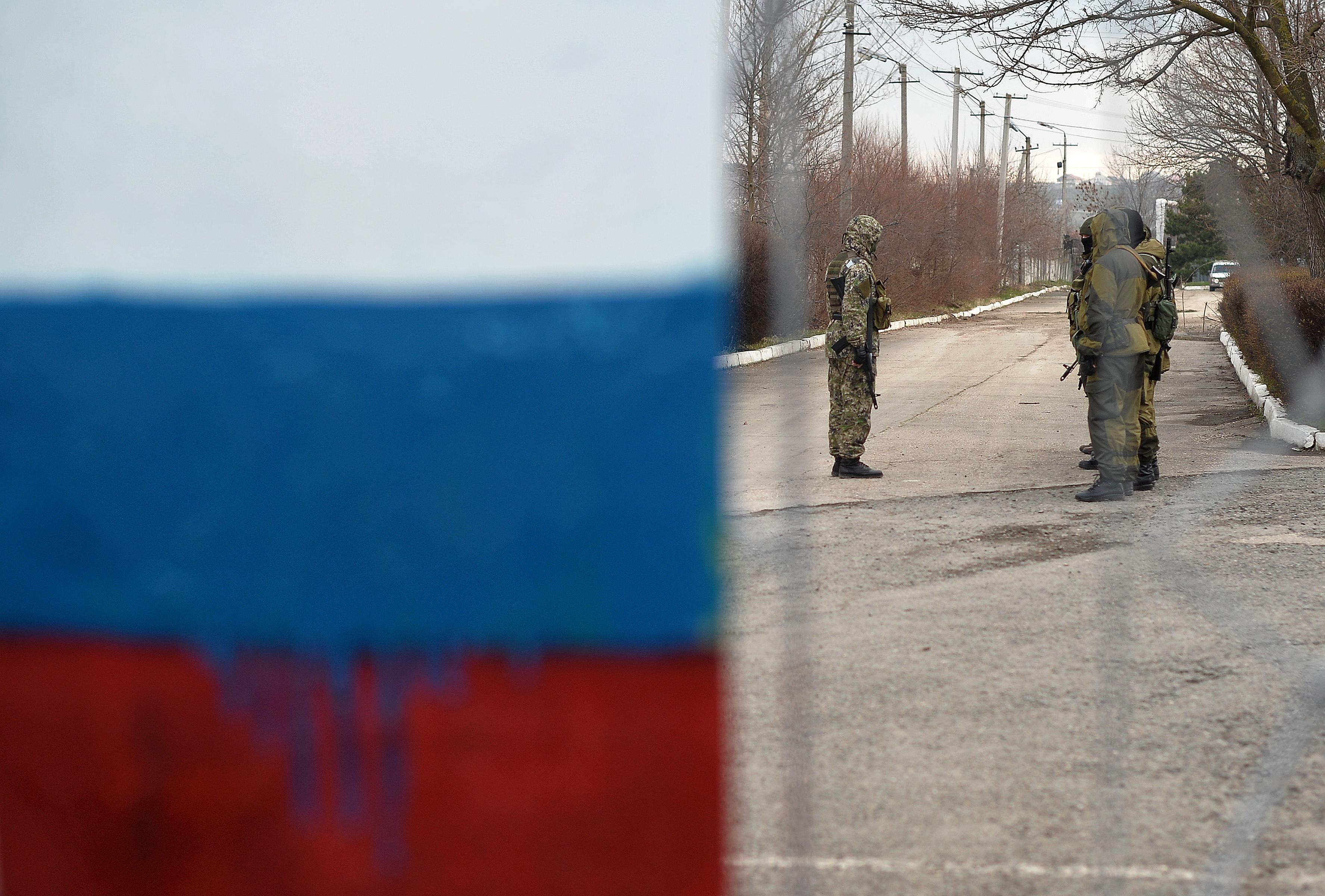On Sunday, Crimea will hold a referendum asking citizens whether they want to remain a part of Ukraine or “reunite” with Russia. The U.S. has signaled that it will not recognize the referendum, and the leaders of Britain and Germany have warned of further sanctions against Russia if Moscow attempts to legitimize its actions in Crimea through the vote.
In the New York Times over the weekend, Peter Baker looked at how the situation in Crimea fits into the “centuries-old debate over the right of self-determination versus the territorial integrity of nation-states,” noting that “for all of the articulation of grand principles, the acceptability of regions breaking away often depends on the circumstances.”
It’s true that Washington’s insistence that Ukraine’s territorial integrity be respected seems a bit incongruous with its support for the independence of, say, Kosovo or South Sudan. And Russia has certainly exploited the Kosovo precedent in its bids to gain international recognition for Georgia’s breakaway regions—Abkhazia and South Ossetia. On the other side, Russia has spent recent years talking itself blue at the U.N. Security Council about respecting territorial sovereignty in places like Libya and Syria but is willing to send its military into the territory of its neighbors on the pretext of protecting the rights of ethnic Russians—which is one possible reason why China’s been fairly tepid in its support for Russia’s actions.
Even accepting that the situations aren’t equivalent and that a referendum held under conditions of de facto Russian occupation shouldn’t be considered legitimate, it’s still easy to take the cynical view that large international powers tend to support either self-determination or territorial integrity based on whether it lines up with their own interests.
At the blog Opinio Juris, Robert McCorquodale, professor of international law and human rights at the University of Nottingham, attempts to parse the legality of the situation, arguing that whether or not a declaration of independence or merging is valid in international law is determined both “by the actions of the state within whose borders the people live; and the responses of the international community.”
By these standards, he argues that while Crimea is well within its rights to hold an independence referendum, Russia had no legal right to intervene on Ukrainian territory given that there was no evidence that Ukraine was oppressing the region by force.
All the same, due to historical circumstances, there certainly is at least some organic support for reunion with Russia in Ukraine, and it’s reasonable to wonder how the U.S. or Europe might have reacted if Crimea had held a referendum under less blatantly illegitimate circumstances.
The widespread international recognition of new countries has been extremely rare in recent years, and the rare examples—places like Kosovo, East Timor, and South Sudan—have taken place only after years of exceptionally violent conflict. In general, international institutions are set up to favor keeping international borders as they are. The African Union’s charter, for instance, specifics “Respect of borders existing on achievement of independence” and with a few notable exceptions, those borders have remained in place.
Given that the redrawing of international boundaries is almost always a messy and violent process and the fact that populations are almost never neatly divided into ethnic or linguistic units that you can draw lines around, the bias has understandably nearly always been toward working with the borders that are currently in place.
2014 was already expected to be a big year for the question of self-determination, with independence referendums planned in Scotland and Catalonia. But Crimea has provided a much more unexpected and much more dangerous reappearance of a very old political problem.
